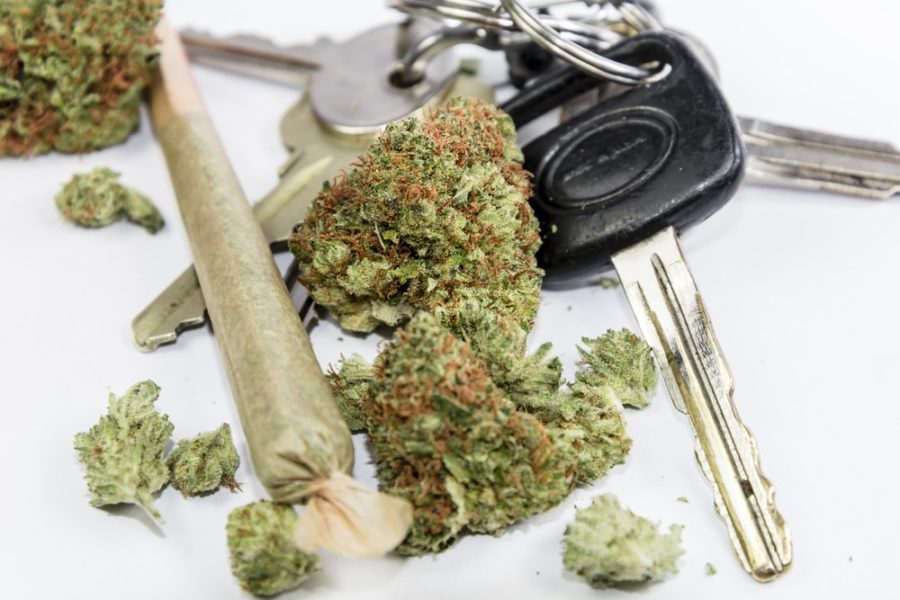Study: Researchers believe they’ve found out how long cannabis impairment lasts
The subject of cannabis impairment has been discussed for as long as the plant has been enjoyed, but up until now, the findings have been hazy.
Thankfully, the smoke clouds are clearing, with researchers from the Lambert Initiative for Cannabinoid Therapeutics at the University of Sydney disclosing some fascinating insights into cannabis impairment.
More importantly, the findings could help law enforcement officials to better understand when consumers are safe to operate motor vehicles.
As a country that is progressively embracing the plant, Australia – as well as other cannabis-friendly countries around the world – stands to benefit from this research.
Research on cannabis impairment gleaned information from 80 studies
Published in Neuroscience & Behavioural Reviews, this study on cannabis impairment analyzed 80 scientific studies on the impact that THC has had on driving performance over the last 20 years.
Specifically, the research dug deep into the ways in which dose impacted an individual’s level of cannabis impairment.
For example, the team explored the effects based on THC being consumed orally or inhaled, as well as how often the person chose to use cannabis; along with other influential factors.
“Our analysis indicates that impairment may last up to 10 hours if high doses of THC are consumed orally,” the study’s lead researcher Danielle McCartney said.
“A more typical duration of impairment, however, is four hours, when lower doses of THC are consumed via smoking or vaporisation and simpler tasks are undertaken.”
Regular cannabis consumers are less affected by THC
The study also managed to spotlight how frequent cannabis consumers are less affected by the psychoactive compound THC than those who use the plant on a regular basis.
According to Dr. McCartney, consumers may be impaired for up to seven hours if they are given a strong dose of inhalable THC and engage in challenging tasks, such as operating a motor vehicle, post-consumption.
“Our evidence should hopefully help people to make informed decisions and policymakers to make policies that are evidence-based and tell people how long they should wait before driving,” said Dr. McCartney, whose research demonstrates the first ever all-encompassing meta-analysis to put a timeframe on a person’s level of cannabis impairment.
Currently, in Australia, where the research was carried out, the Therapeutic Goods Administration (TGA) has approved 100,000 prescriptions for medicinal cannabis.
“THC can be detected in the body weeks after cannabis consumption while it is clear that impairment lasts for a much shorter period of time. Our legal frameworks probably need to catch up with that,” said academic director of the Lambert Initiative, Professor Iain McGregor.








